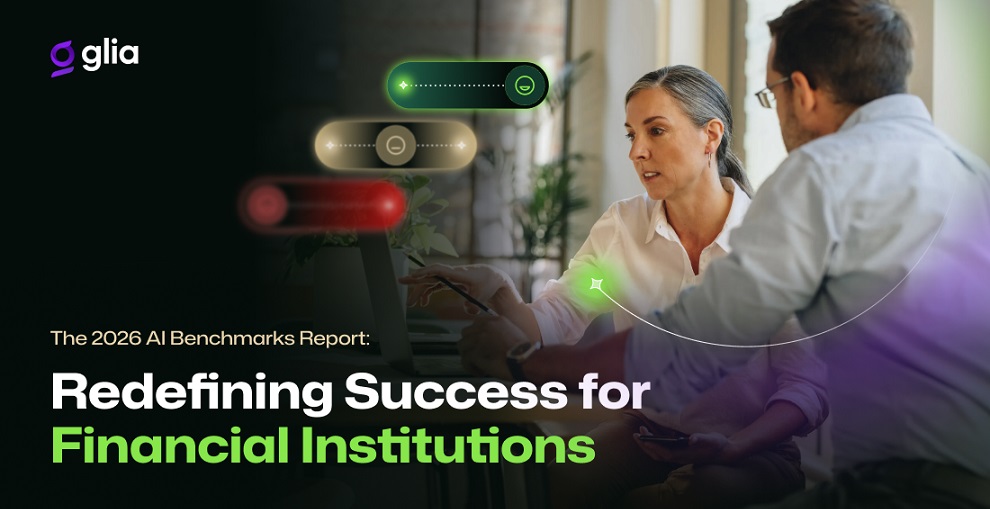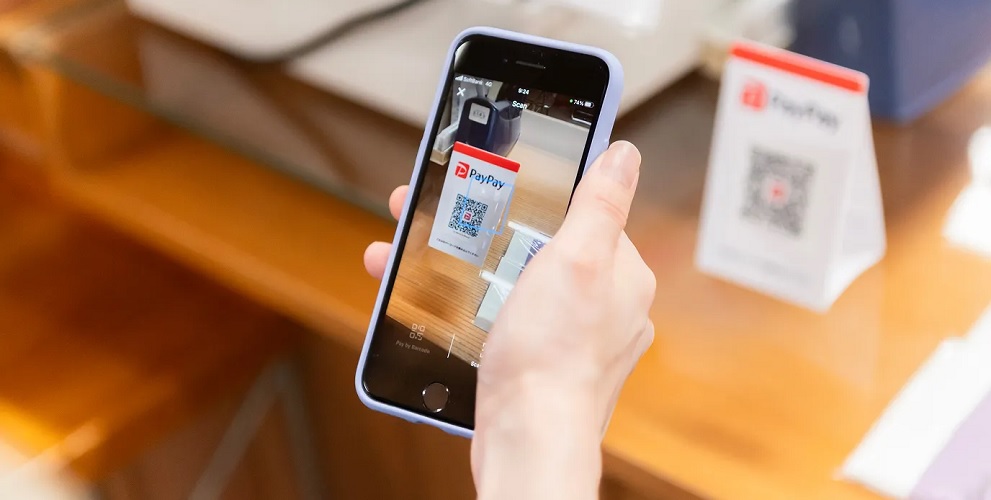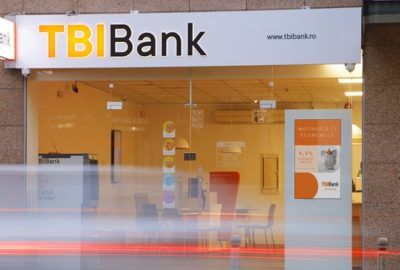Onfido survey shows spike in digital account usage but concerns about security and privacy remain paramount with 43% of respondents abandoning new account setup
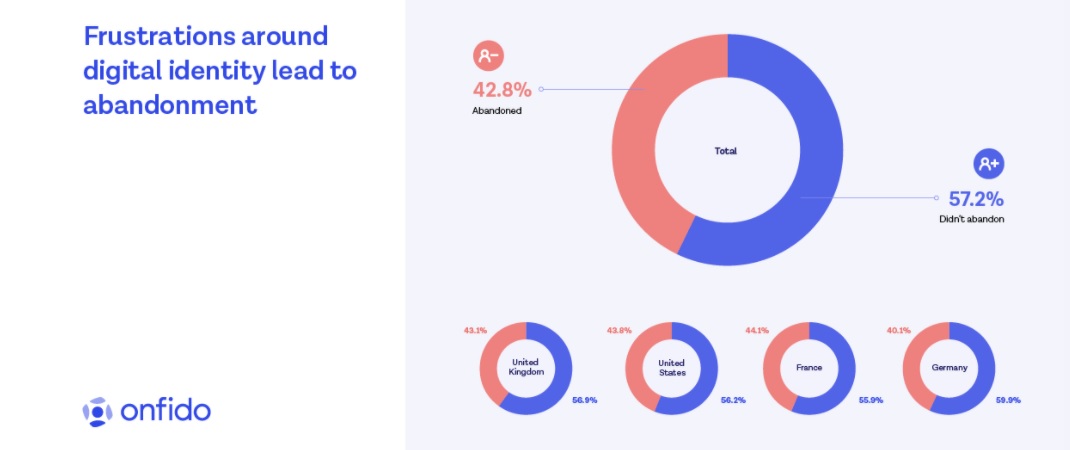
Onfido announced the results of its survey “Customer attitudes to digital identity: meet the expectations of tomorrow” which evaluated the online behavior of over 4,000 respondents in the United States, United Kingdom, France and Germany in August 2020. The survey found that the majority of consumers are more actively using online accounts since COVID lockdowns in March, yet they report security and privacy concerns about opening accounts, leading to a high number of abandoned sign-ups and lost revenue opportunities for businesses.
Nearly two-thirds (59%) of consumers accessed more online services than usual from April-July 2020, with 18% reporting that they accessed their accounts online at least 50% more often during that time frame. Younger consumers became even more active online. For Gen Z (ages 18-24), those numbers escalate to 78% and 28% respectively.
“We are not surprised that COVID lockdowns would increase the use of online accounts, but the rate of abandonment during account sign up due to security and privacy concerns was surprising to us,” said Robert Humphrey, Chief Marketing Officer and Strategist for Onfido. “This shines a light on an opportunity for businesses to provide a more seamless, user-friendly process, while still engaging strong identity verification in order to improve account onboarding and authentication.”
Consumers expressed several concerns around their security and privacy when signing up to new accounts. The top three concerns are:
- Data will be passed on to third parties (53%)
- Security of the information provided (50%)
- Asking for too much information (37%)
Demonstrating the severity of the issue, more than 4 in 10 (43%) consumers have abandoned signing up for a new account or service because of one or more of these frustrations. “This abandonment rate suggests that businesses are missing out on new revenue opportunities from new customers,” said Humphrey. “Abandoning at account set up is akin to a customer walking into a brick and mortar store and turning around and walking out without making a purchase.”
The report confirmed that consumers care about engaging with businesses they trust. Over half of consumers (59%) will not use a business they do not trust and that number jumps to 65% for Gen Z. This presents a challenge to online businesses as just over half of consumers (57%) are satisfied with the current solutions for identifying their identity online.
The introduction of document and biometric checks has, however, been shown to increase trust in a business. Of those respondents familiar with all verification methods, 80% feel they trust businesses that use document and biometric checks, compared to those that use other methods (67%).
How much a company is trusted is directly connected to how successful they are. Gartner points out: “By 2023, companies that earn and maintain digital trust with customers will see 30% more digital commerce profits than their competitors.”**
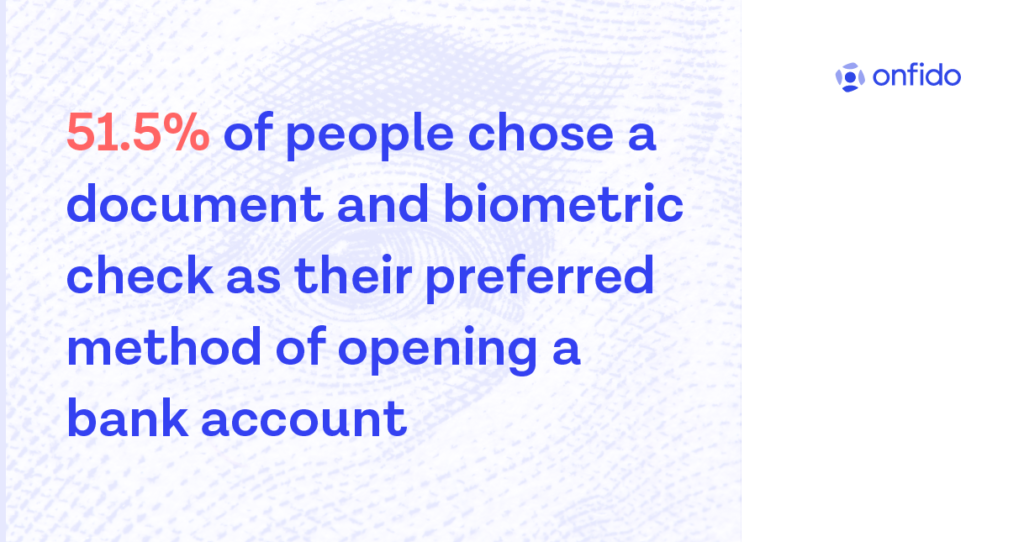
When asked what their preferred method of proving their identity would be for different types of services, 52% of respondents chose a document and biometric check as their preferred method for opening a bank account. In other industries where document and biometric checks are not as prevalent, consumers who reported being familiar with all methods of proving their identity reported that they would choose document and biometric checks when opening trading accounts (36%) and gambling accounts (35%), and for hotel check-in (50%).
*The survey was commissioned by Onfido and carried out by Dynata. It was distributed and completed through an online platform. The survey was completed in July 2020 by 4,035 respondents from the USA, UK, Germany and France using an online panel.
**Source: Gartner,The State of Privacy and Personal Data Protection, 2020-2022, Nader Henein, Bart Willemsen, Bernard Woo, 26 August 2020
Dariusz Mazurkiewicz – CEO at BLIK Polish Payment Standard
Banking 4.0 – „how was the experience for you”
„To be honest I think that Sinaia, your conference, is much better then Davos.”
Many more interesting quotes in the video below:



